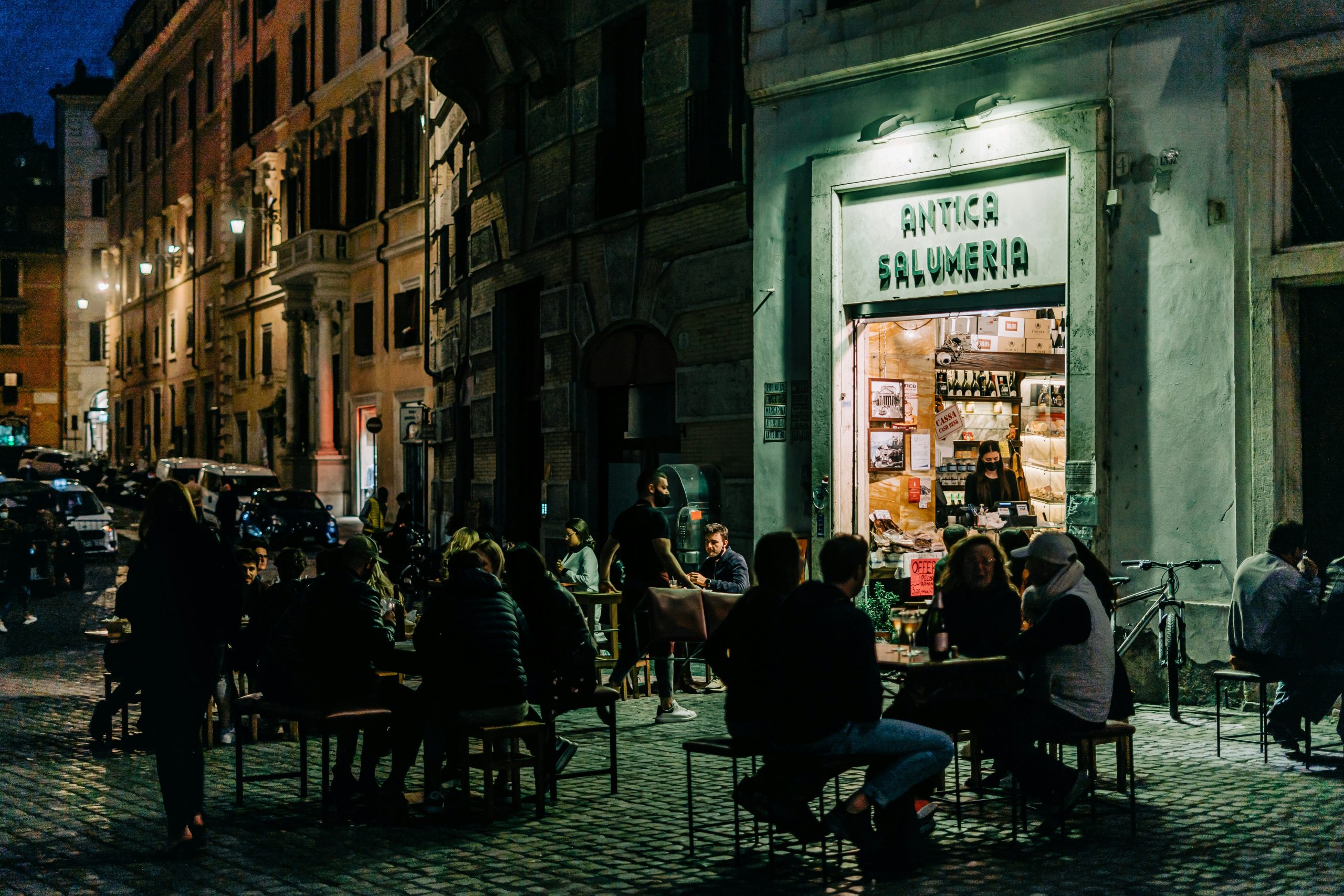For many, visiting new parts of the world, tasting its cuisine, experiencing its climate, languages, and getting to know its people and culture, is one of life’s greatest pleasures. As we all know, however, it can be expensive. Tourists need to pay for expenses such as hotels, restaurants, travel, and attractions, for example.
Another of life’s great pleasures is showing people where you are from, some of the fantastic buildings that you see every day, and the best bits of your customs, culture, and life that you are particularly proud of. But there are other benefits to having a healthy tourist market. It is why countries invest so much money in it, trying to attract as many visitors as they can each year. It is that they bring in so much money.
In the same way that you spend at restaurants, accommodation, shopping centres, and markets when you are away, so do tourists when they come to you.
This, of course, is great for the local economy, with the extra money coming in, increasing demand for commercial units for hospitality use, hotels, and generating more employment.
Commercial Unit Segments Related to Tourism
Most people choose where they are going to visit as a tourist according to what there is to see and do there. Some destinations are chosen for their history and importance to the country, for example, whereas others might be chosen for their great shopping, proximity to a major theme park, or fantastic nightlife.
Hotels and Restaurants
Any area where tourists of any quantity are expected to visit will need places for people to sleep, and places for people to eat, especially if you are expecting them to want to visit for more than one day.
Retail Units
From small shops selling souvenirs and water, to huge department stores, there will also need to be some retail units where there are tourists.
Entertainment and Cultural Venues
Tourists will often be looking for entertainment – especially ones that reflect the culture of the place that they are visiting. Theatres can be a huge draw for tourists (such as London’s West End), and massive concert venues – The Birmingham NEC or football grounds can often make a particular city a tourist destination for when people are coming to see a show or game.
Commercial Unit Types
One of the greatest impacts that tourism can have on a particular place is the type of commercial units that will be in demand. For example, the moment that more tourists are expected to come to a place, hotels of differing standards will be needed. Places to eat will then be needed, and so on.
Tourism and the commercial unit market in any given area generally tend to grow together. The type of commercial properties that are needed will, to an extent, depend on the reasons for the tourism. If tourists are going to a country’s capital city to see historic buildings and museums, then hotels and restaurants/cafes will likely be most in demand – with, of course, a little retail.
If, however, people are looking to visit a place mainly for its shopping, we might see more demand for other retail units and high-class hotels. If tourists are coming to an area for its natural beauty and rustic feel, retail units will probably be more basic and smaller, and perhaps there might be more demand for B&Bs or hostels, for example.
Tourism Seasonality
One of the greatest problems for places that become tourist hotspots – and in particular, their business- is seasonality. Beach destinations, for example, struggle in the winter – and even (in the UK) sometimes in the spring and autumn. Walking destinations, such as the Lake District, can also find tourist numbers difficult in the winter.
The flip side, of course, is that in the summer, these places are booming, and it can often be difficult for tourists to find somewhere to stay, etc.
The best way to try to reduce the impact of these seasonal differences is to provide reasons for tourists to visit at any time of the year – creating a Christmas event, or some other indoor attractions, for example.
And this is where cities come into their own. Generally, cities will have things to do all year round, regardless of the weather, and this is why, although there might be some ups and downs, leisure and hospitality businesses housed in the commercial units of the city will struggle to a lesser extent with seasonality.
Mitigating Against Seasonality for Businesses in Tourist Areas
Seasonal ups and downs can have a massive impact on businesses running in areas of high tourism. In principle, of course, businesses would boom over the high season(s) and save as much as they can to be able to make it through the low season(s). However, this is often more easily said than done, and businesses should also try to find other ways to help to protect themselves.
One option for some businesses is to talk to their landlords and try to negotiate lower rates during the low season. It may not be possible, but it is certainly worth a try.
Another option that many businesses look at is to shut for a few weeks – for staff to take holidays, for example, or to carry out repairs and maintenance to have the commercial unit in perfect condition for the new year.
Final Thoughts
Businesses can absolutely thrive when they are based in tourist hotspots, especially if they offer something unique and in-demand. The growth of any tourist destination, however, needs to go hand-in-hand with the commercial units present and available, and one cannot exist without the other. If you are a commercial unit landlord looking for tenants or are a business in search of their ideal commercial unit, take a look at our website today, and see how we can help!

